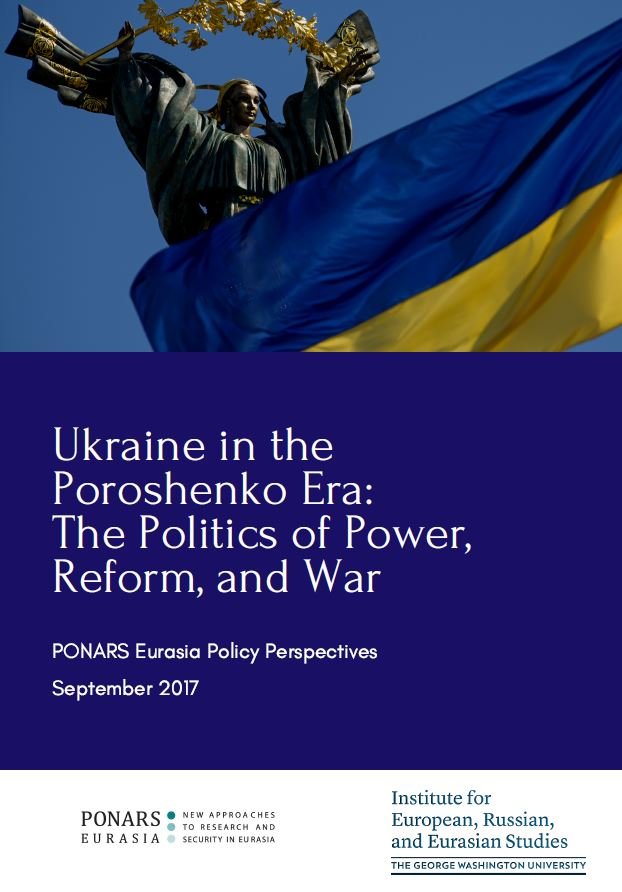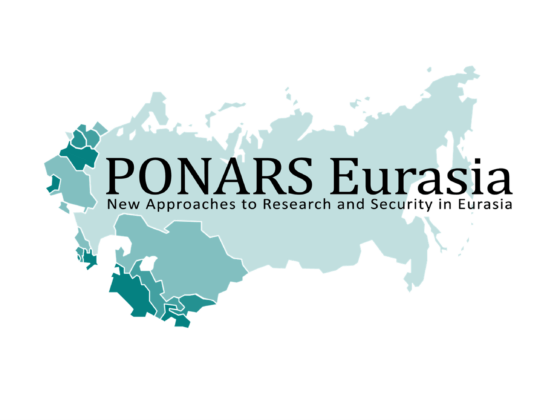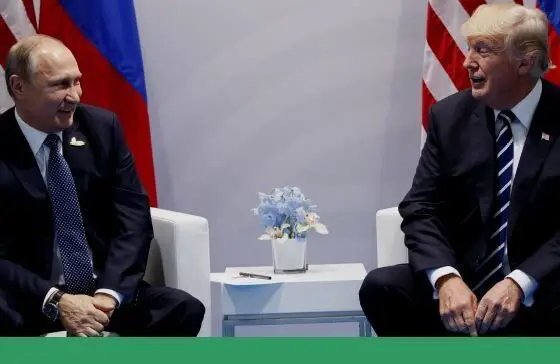
Since the Euromaidan revolution, Ukraine has been facing both deep transformations and “business as usual.” The country’s interactions with the West have been evolving as the United States and Europe have been engaging it with a quite unsuccessful game of carrots and sticks aimed at reforming Ukraine’s political system and economy and at fostering pro-Western and—in particular—pro-NATO sentiment among Ukraine’s population.
The Ukrainian domestic scene has changed less than its foreign policy. Controversial decommunization laws have been put in place and the Poroshenko government’s policies on historical memory have been quite radical, while its language policy has remained ambivalent. In terms of political habits, Ukraine has continued to be shaped by a tight interweaving of political and business circles, and by patronal, clientelist patterns.
The Donbas conflict does not help improve the situation at the national level, on the contrary “justifying” suspending rule of law with reference to the war situation. PONARS Eurasia experts offer diverse explanations of this instance of asymmetric war, debating the primacy of either the external element—Russia—or the domestic sources of local grievances. Yet, all agree that exiting the deadlock of the Minsk I and II agreements will not be easy, as many involved actors in fact have no genuine interest in finding peaceful solutions.
View more: E-Books/Policy Perspectives











